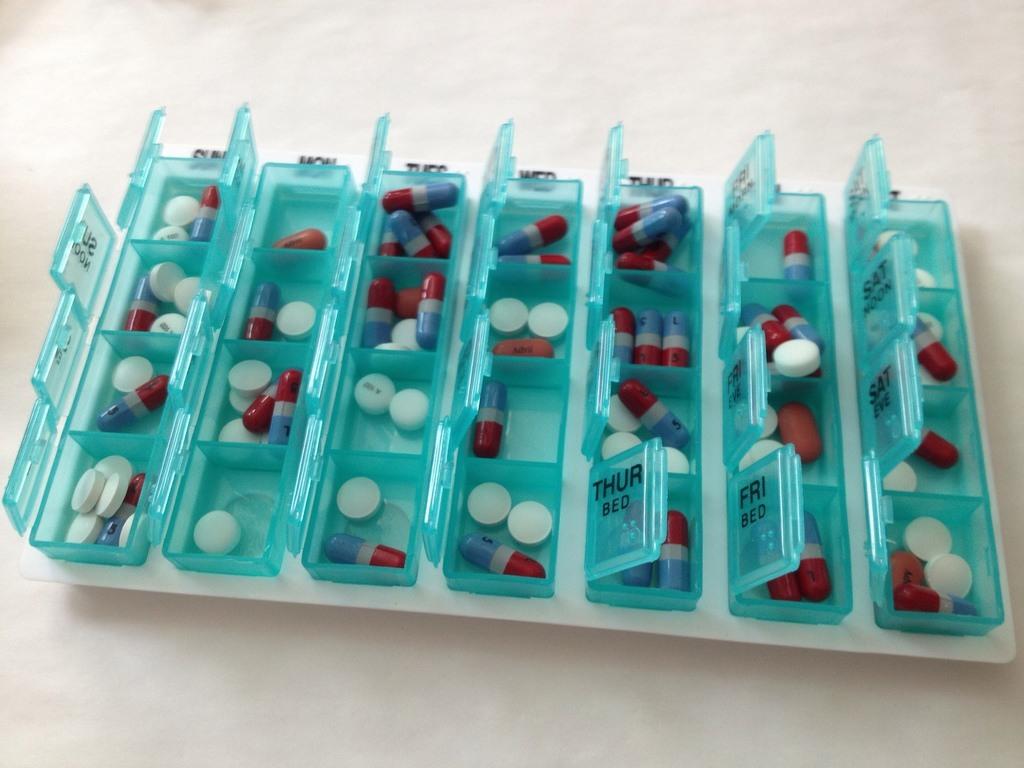
Medicine and Medication Management
Medical and medication management is a system that pharmacists use to work closely with doctors to ensure that their patients receive optimal outcomes from prescription medications that they take. It has led to the emergence of medication management therapy from covering a broad range of medical activities including:
- A comprehensive review of prescription, possible interaction and side effects.
- Performing patient assessment
- Formulate medication plans both short and long-term
- Improve communication between service providers and better documentation
- Ensure instructional or directional based compliance through providing patient education
Medicine and medication management have gone a long way in creating a platform for healthcare providers and any other medical professionals to work with pharmacists to ensure that patients take drugs according to prescription instructions. The collaboration provides that patients get all the essential education on appropriate use of prescription from their specific ailments.it also helps eliminates chances of abuse for other purposes than healing.
How does medicine and medication management work
Medicine and medication functions with a proper schedule of ongoing medication. Scheduling works in favor of caregivers since in the medical management, they, pharmacists and patients work as one team to solve the existing medication problem.The doctors and pharmacists prepare a fact sheet of a patient for the caregiver to use as a guide for managing the patient's medication. The formation of the team is to ensure that each person can collectively handle all variations of situations from simple to complex.
See Nursingwritingservices.com Reviews Online by our customers and writers. We are among the best rated company in providing nursing services.
Advantage of Medicine and Medication Management to Patients
This practice helps medical teams to work as a team thus simplifying their work and ensuring that the drug achieves the desired outcomes, Patients are primary beneficiaries in the following ways.
Keep track of dosage
Medical management helps people to keep track of their dosages and types of medicine to take in a day. The purpose of the drug is to treat and safe life but failing to take medication according to prescription prevents achievement of the planned outcome. Failing to take dosage according to manufacturer instructions can even cause adverse effects and worsen the infection.
Remember dosage timings
Pharmacists who subscribe to medication management face help the patients who have difficulty in remembering the times for taking their medicine by inventing user-friendly strategies. For example, a pharmacist will give special pillboxes to the patient to enable the person or the caregiver about the precious timing of medication. Pill boxes are very helpful to senior citizens, people living with disability and the seriously ill. Healthcare providers cannot trust people encountering such challenges to keep proper track of their dosages. It could make them take an under dose which delays the healing or an overdose which could become fatal. A pillbox is an ordinary container with different slots to put medicine for different days hence the patient cannot skip or repeat a dose. There are also high technology pillboxes with timers and alarms from reminding the user to take medicine on the right schedule.
Get solution for challenges hindering taking of medicine
When pharmacists work together with physicians and caregivers, they will know if a patient has physical challenges and find ways to make taking medicine to be less hectic. For example, a pharmacist will recognize that a patient has eyesight problem and write the prescription labels in large fonts. For patients with hearing problems, members of the medication management team will speak louder to ensure that they hear everything or listen on their behalf if they notice a risk of missing out on some essential points.
Continued monitoring of drug interaction and success
Treatment of some diseases requires the use of various medications. Medication management helps the team to observe the patient interaction with prescription and early detection of adverse effects. It also enables the doctors and pharmacists to observe the symptoms together and determine whether it is necessary to prescribe all types of medicine or a fewer will serve the purpose. This exchange of views benefits the patient as the care team will make better decisions.
Medical management is an essential concept in helping patients to take medicine appropriately and get the desired outcome. It also enables everyone on the medical or caregiving team to know the patients who require attention due to their inability to take prescription such as difficulties in opening bottles, putting an eye or ear drops or take injections.

